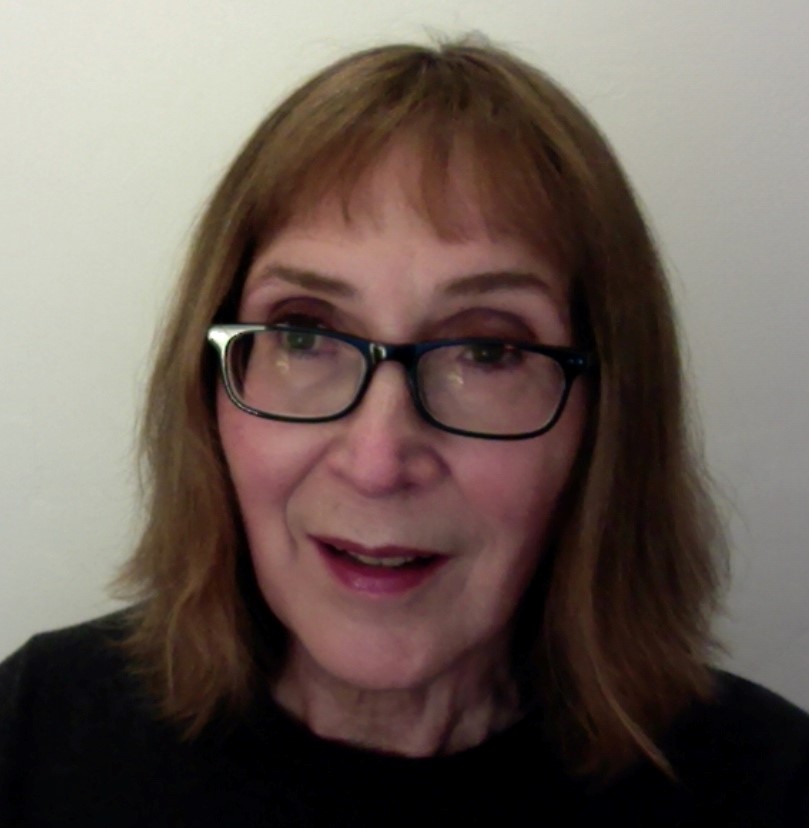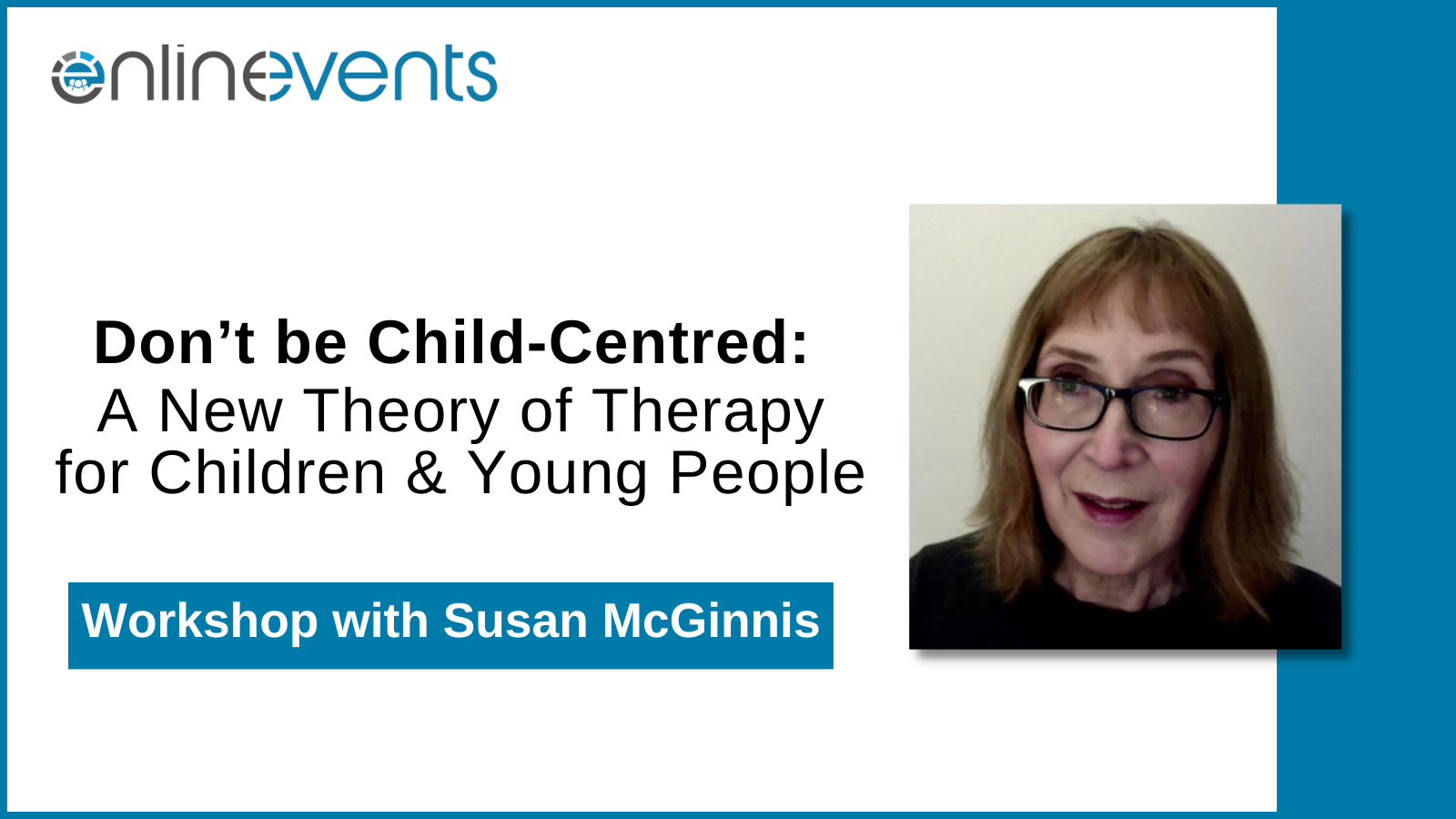I believe that we are inadvertently supporting a system that is causing distress to children and trying to achieve the wrong therapeutic aims using developmentally inadequate therapeutic models.
Course Content
Presenter

Susan McGinnis brings 27 years of experience – and an undiminished joy and curiosity – to her work with children and young people. Having qualified as a counsellor at a time when there was no counselling for children and young people, she became a pioneer by necessity, establishing the first large-scale counselling in schools project in Scotland, and was the first editor of the BACP children and young person’s division journal.
She has been coordinator of children and young people’s counselling projects and training at the Counselling Unit, University of Strathclyde, since 2002 and is currently course coordinator and principal lecturer on the Certificate in Counselling Children and Young People.
Her publications include Good Practice Guidance for Counselling in Schools (BACP, 4th edition) and chapters in How We Feel: An Insight Into the Emotional World of Teenagers (Jessica Kingsley, 1997) and Safeguarding Children and Schools (Jessica Kingsley, 2008).
As a researcher she co-developed the PCEPS-YP adherence scale and has been involved in several research trials of counselling in schools. She was a member of the Expert Reference Group that produced the CAMHS Competence Framework and the Technical Working Group for the Early Intervention Framework, both projects of NHS Education for Scotland (NES).
Susan is a clinical supervisor and has a special interest in child law and counselling. Most importantly, she is a counsellor for children and young people.


